The Rise of Women’s Basketball

The WNBA, women’s basketball, is finally getting its shine. Ratings are climbing, arenas are filling up, and rivalries are turning casual fans into die-hards. This new wave isn’t just about hoops — it’s about culture, visibility, and respect. But with all this momentum, there’s still a question hanging in the air: why do some players get celebrated more than others?
A’ja Wilson: The Face of the WNBA
If we’re talking dominance, A’ja Wilson is the standard. She’s a two-time MVP, a multiple-time WNBA champion with the Las Vegas Aces, and now the first Black woman since Sheryl Swoopes to lock down a signature Nike shoe deal.
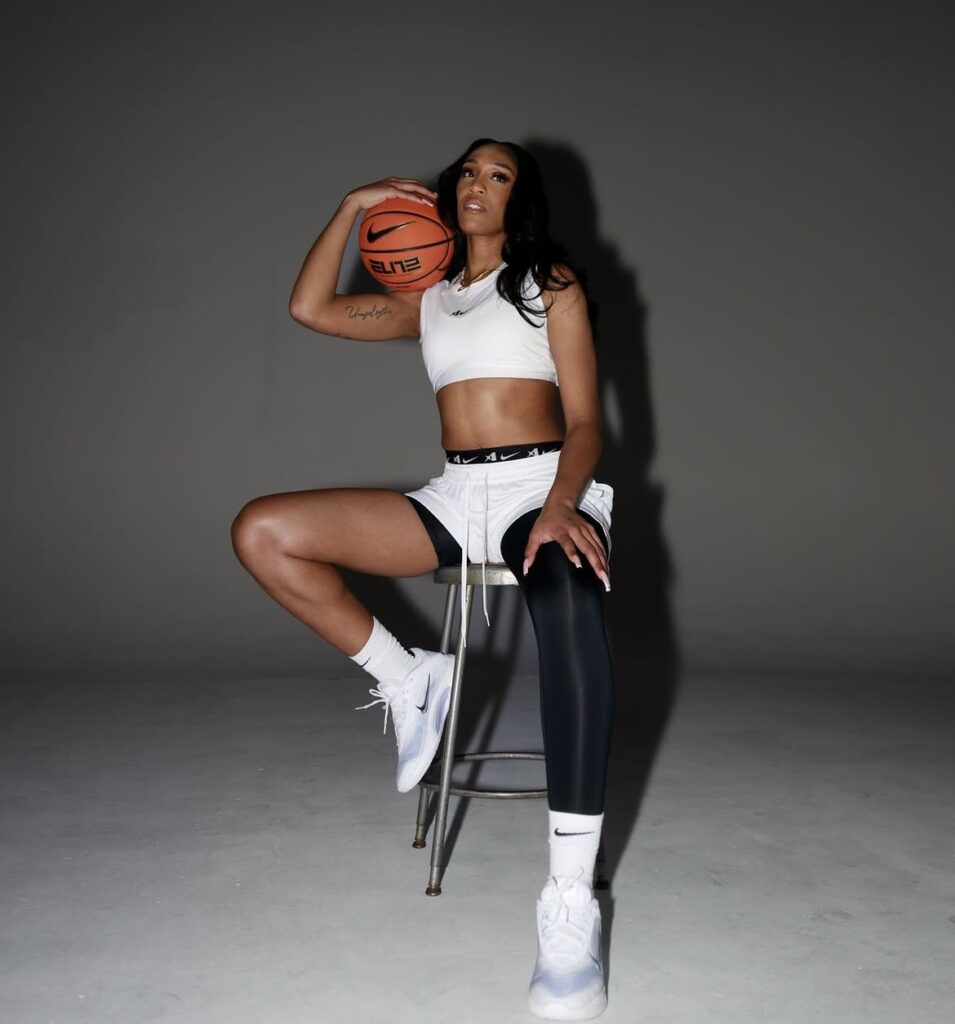
But what really makes A’ja special is that she’s unapologetically herself. She speaks up about race, gender, and respect in sports, making sure that Black women aren’t overlooked in a league where they’re the backbone.
“You can love the game, but if you don’t love the women playing it — especially Black women — you’re missing the whole point.” – A’ja Wilson
A’ja’s legacy isn’t just about wins and stats — it’s about making sure future generations of Black girls see themselves on the big stage.
A’ja Wilson’s Groundbreaking Nike Deal
In 2024, A’ja Wilson became the first WNBA player since Sheryl Swoopes in the 1990s to land her own signature Nike sneaker — the Nike A’One. That’s a huge milestone, not just for her, but for women’s basketball as a whole.
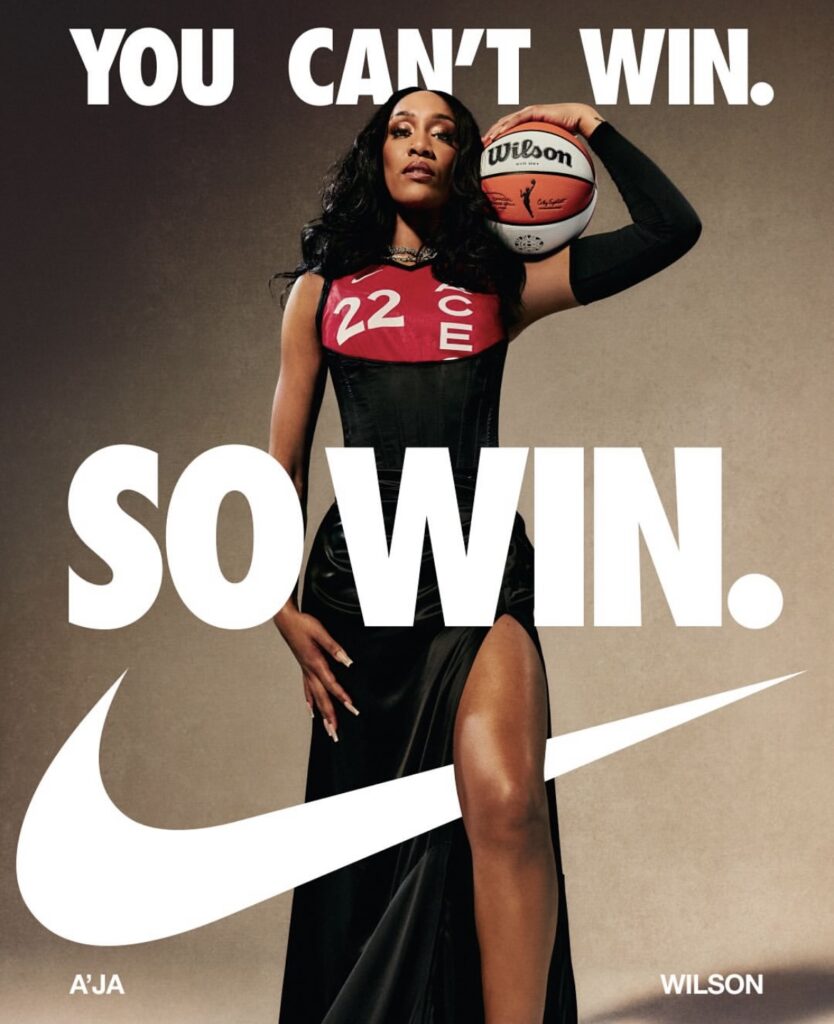
For years, sneaker deals have been dominated by men, with only a handful of women getting the same spotlight. A’ja’s deal signals a shift in how brands are finally starting to value the influence of Black women athletes. Fans lined up for the shoe’s release, and the hype proved what we already knew — women’s basketball has a market, and it’s thriving.
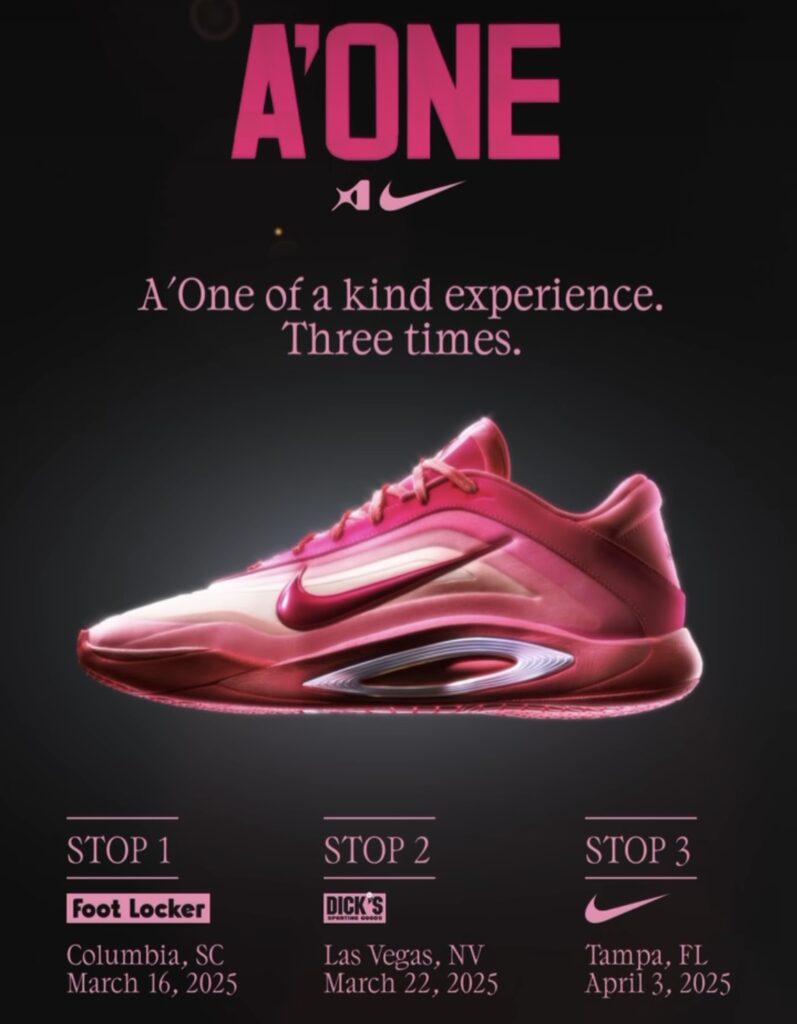
This moment matters because it’s not just about fashion or performance gear. It’s about recognition, respect, and opening doors for future athletes who deserve the same opportunities.
Angel Reese vs. Caitlin Clark: A Rivalry Beyond the Court
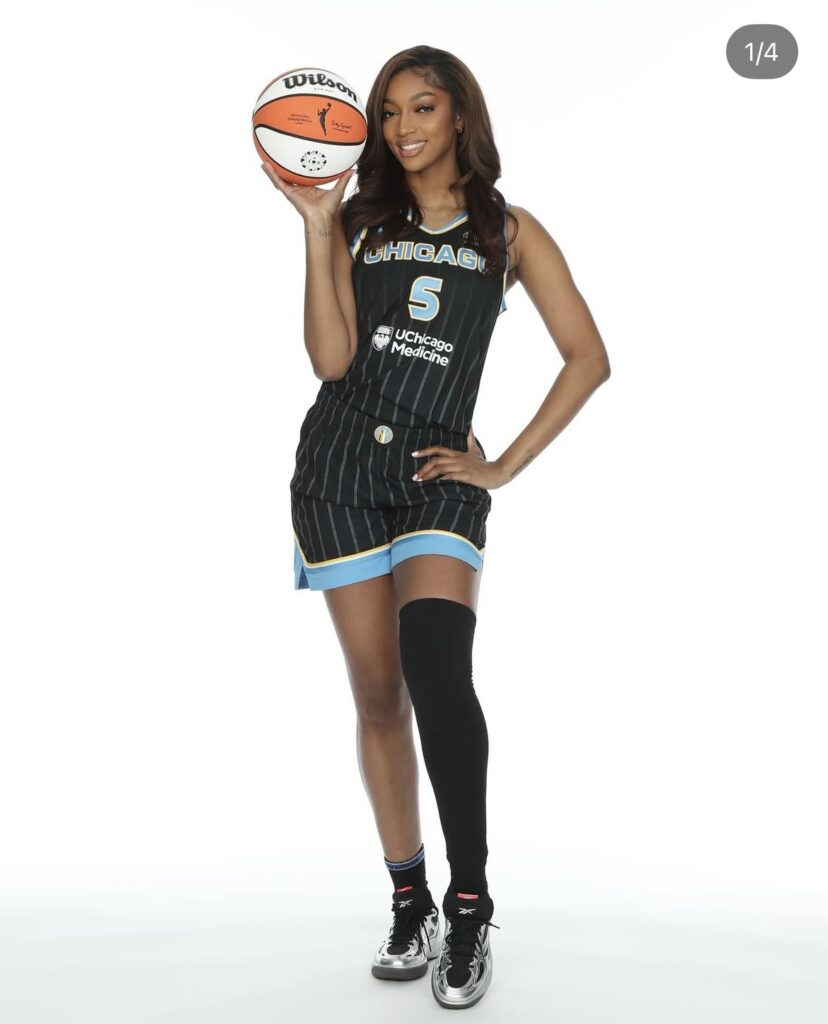
The NCAA rivalry between Angel Reese and Caitlin Clark has been pure entertainment. Their matchups drew record-breaking numbers, with millions tuning in like it was the Final Four of men’s March Madness.
But the coverage hasn’t been equal. Clark has often been painted as the “golden child” of women’s basketball, while Reese was dragged in the media for celebrating the same way. Remember the infamous “you can’t see me” hand-wave? Clark did it first and got praise. Reese did it later and got labeled “classless.”
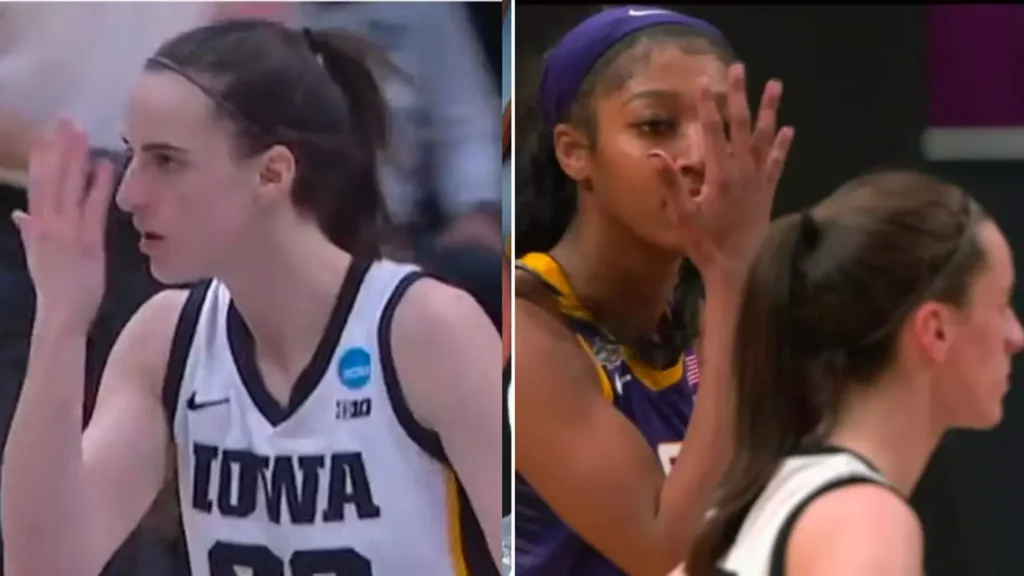
That double standard is nothing new for Black women in sports. It’s the same energy Serena Williams dealt with for years — dominate and celebrate, and suddenly you’re “too much.”
Media Bias: Who Gets the Credit?
This isn’t just about trash talk. It’s about how media frames athletes.
- White players are more often described as “generational talents” or “great leaders.”
- Black athletes, especially women, are painted as “emotional,” “arrogant,” or even “villainous.”
- That bias doesn’t just affect headlines — it impacts endorsements, sponsorships, and fan perception.
A’ja Wilson herself has pointed out that Black players often get less recognition even when their resumes speak louder. Meanwhile, Clark is breaking barriers too, but the difference in how their stories are told highlights a larger cultural problem.
The Role of Fans and Social Media
One thing that can’t be ignored is how fans and social media drive these narratives. Platforms like Twitter, TikTok, and Instagram have turned highlight clips into viral debates within minutes. When Angel Reese clapped back on the court, Black Twitter stood behind her, calling out the double standards. When A’ja Wilson’s shoe dropped, the timeline lit up with pride for finally seeing a Black woman get the recognition she deserved.
Social media has become a powerful equalizer — giving athletes a direct voice to their communities without waiting for ESPN or mainstream outlets to set the narrative. That energy has helped build a loyal fan base that rides for these women, creating a culture where Black athletes can’t be ignored, even if the media coverage isn’t always fair.
Why This Moment Matters
For the first time, women’s basketball is really being recognized. And at the center of that growth? Black women. From A’ja Wilson’s leadership in the WNBA to Angel Reese’s unapologetic confidence, they’re the ones forcing the game into the spotlight.
This moment matters because it’s more than just basketball. It’s about giving Black women their flowers while they’re still playing, not waiting until they retire. It’s about recognizing that they’re not just “part of the game” — they are the game.
Beauty, Style, and Breaking Stereotypes
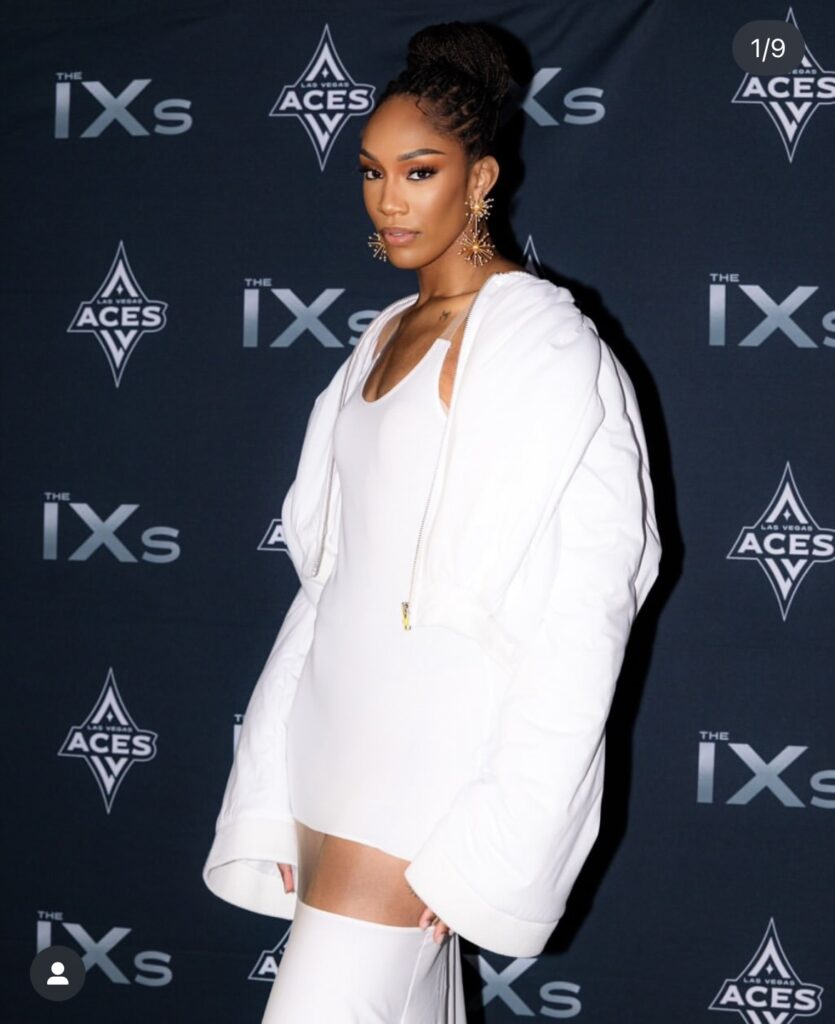
Another thing that makes A’ja Wilson, Angel Reese, and so many of today’s stars stand out is how they balance elite athleticism with style and beauty. For decades, women’s basketball players were boxed into stereotypes — either labeled as “too masculine” or overlooked for not fitting society’s narrow idea of femininity.
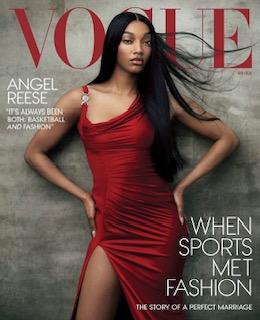
But this new generation is proving you can dominate on the court and still show up glamorous, fashionable, and confident in your own skin. From Reese’s lashes and laid edges to Wilson’s signature braids and bold fits, these women are shifting the image of what a baller looks like. They’re not just athletes — they’re trendsetters, role models, and cultural icons who inspire young girls to embrace every part of themselves.
A’ja Wilson, Angel Reese, and Caitlin Clark are pushing women’s basketball into a new era. The rivalries are real, the talent is undeniable, and the culture is shifting. But as fans and as media consumers, we’ve got to check the bias. Celebrate all of them, but especially make sure the Black women leading the charge aren’t pushed to the background.
Because if we’re being honest — the WNBA and women’s basketball as a whole wouldn’t be where it is today without them.
*** Ear Kandy Radio is back, and we need your support. Please comment below (or on any blog post) for a chance to win a $50 cash (Cash App, Zelle, Venmo) or a Visa Gift Card. Comment must be relevant to the blog you are commenting on, and you must enter a valid email address.

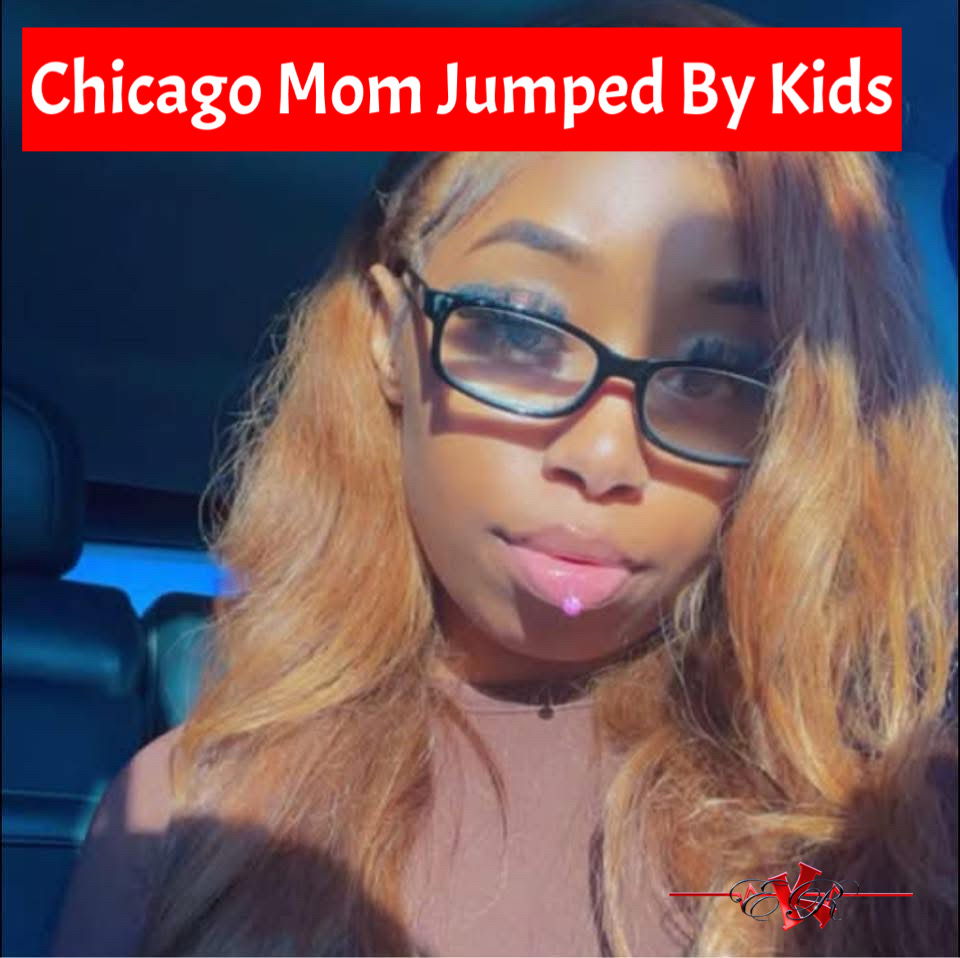







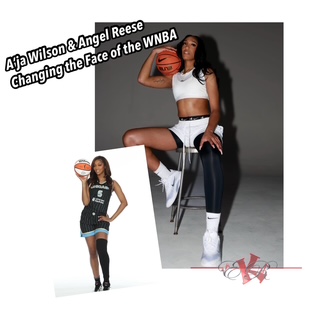


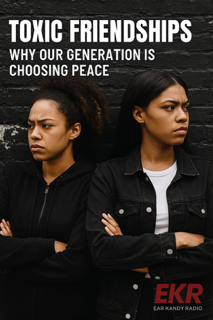


Hi there would you mind sharing which blog platform you’re working with? I’m going to start my own blog in the near future but I’m having a hard time choosing between BlogEngine/Wordpress/B2evolution and Drupal. The reason I ask is because your design seems different then most blogs and I’m looking for something unique. P.S My apologies for getting off-topic but I had to ask!
Hello, thank you and I am using WordPress